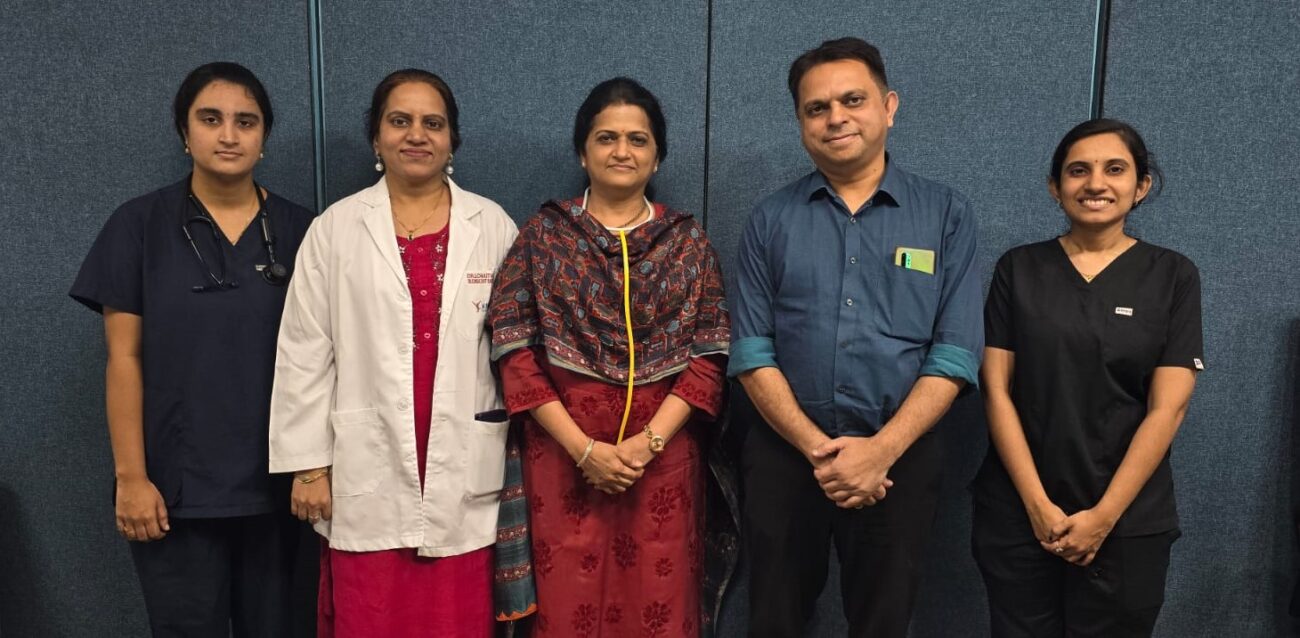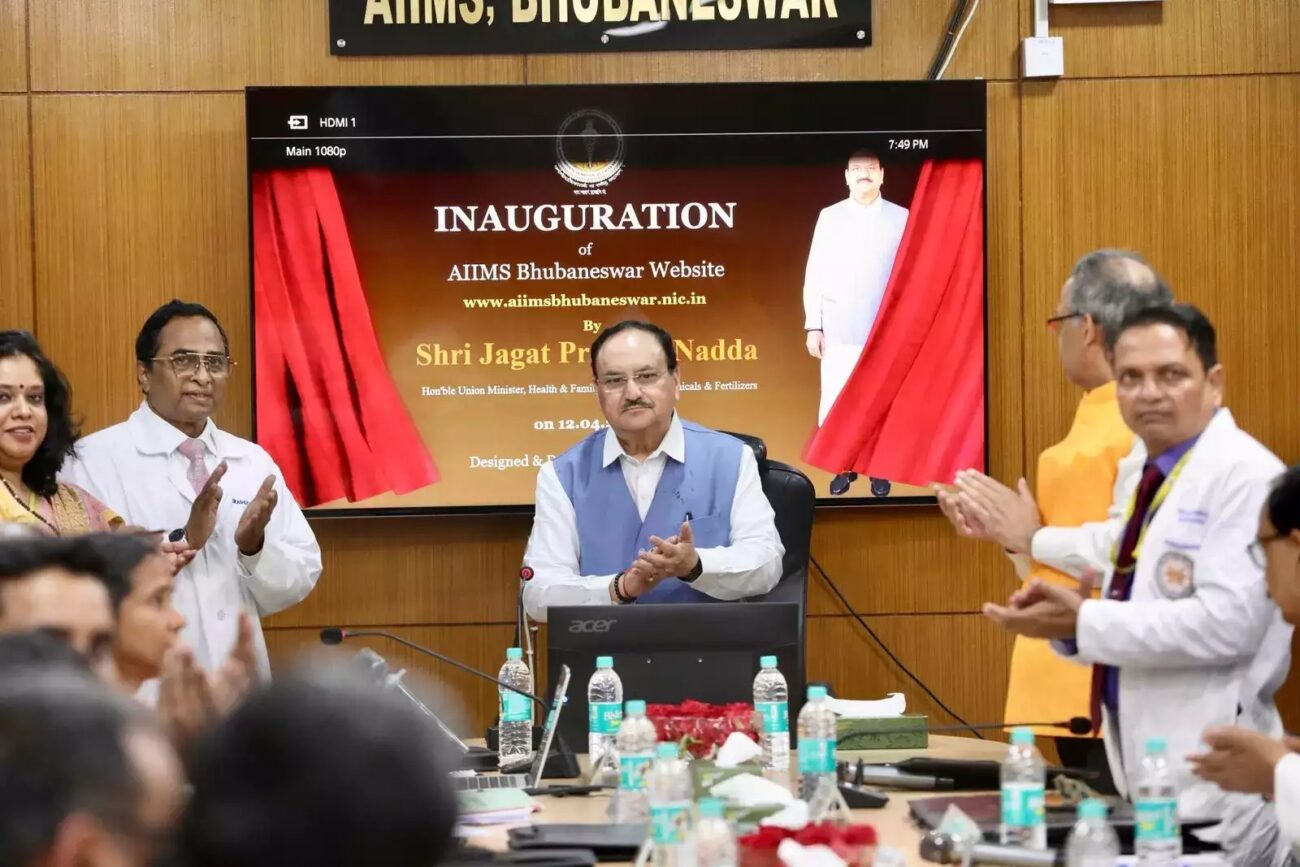AI Revolution in TB Detection: KIMS Hospitals Conducts Largest Study Using Artificial Intelligence
KIMS Hospital, Minister Road, has conducted Its largest-ever AI-driven study on pulmonary tuberculosis (TB) detection using chest X-rays (CXRs). A total of 16,675 CXRs of adult patients were analyzed retrospectively using an advanced AI tool,

KIMS Hospital, Minister Road, has conducted Its largest-ever AI-driven study on pulmonary tuberculosis (TB) detection using chest X-rays (CXRs). A total of 16,675 CXRs of adult patients were analyzed retrospectively using an advanced AI tool, qXR, without direct clinician intervention. The study focused on two key objectives: evaluating the diagnostic accuracy of AI in TB detection and assessing its agreement with radiologists.
The findings indicate that AI technology is highly effective in identifying TB cases, with an impressive sensitivity rate of 88.7%. Sensitivity refers to the tool’s ability to correctly detect TB-positive cases, demonstrating that AI can play a crucial role in early diagnosis. Additionally, the study reported a high Negative Predictive Value (NPV) of 97%, confirming the AI’s strong reliability in correctly ruling out non-TB cases. The specificity of the AI tool stood at 69.1%, which, while moderate, remains within an acceptable range for screening purposes. These results align with the minimum criteria set by the World Health Organization (WHO) for TB screening.
One of the most significant aspects of the study was the agreement level between AI-driven assessments and expert radiologists’ interpretations. The findings revealed substantial concurrence, highlighting AI’s potential in enhancing accuracy and efficiency in clinical diagnosis. This is particularly significant given the global burden of TB and the challenges associated with its timely detection through traditional radiography.
Dr. Latha Sarma, Head of Department and Senior Consultant Pulmonologist at KIMS Hospitals, expressed optimism about the study’s impact. “The ability of AI to assist in TB detection with such high accuracy is a game-changer, especially in resource-limited settings where expert radiologists may not always be available.”
Dr. Chaithanya Isamalla, Senior Consultant Radiologist at KIMS, emphasized the role of AI in augmenting radiological diagnostics. “While AI does not replace human expertise, it serves as a highly reliable tool for preliminary screenings, allowing clinicians to focus on complex cases requiring deeper evaluation.”
The study underscores the growing role of artificial intelligence in revolutionizing medical diagnostics. With AI-driven tools like qXR meeting global TB screening standards, their integration into routine healthcare practices could significantly enhance early detection and treatment outcomes. As AI continues to evolve, its potential in battling infectious diseases like TB is becoming increasingly evident, paving the way for more innovative and efficient healthcare solutions.






